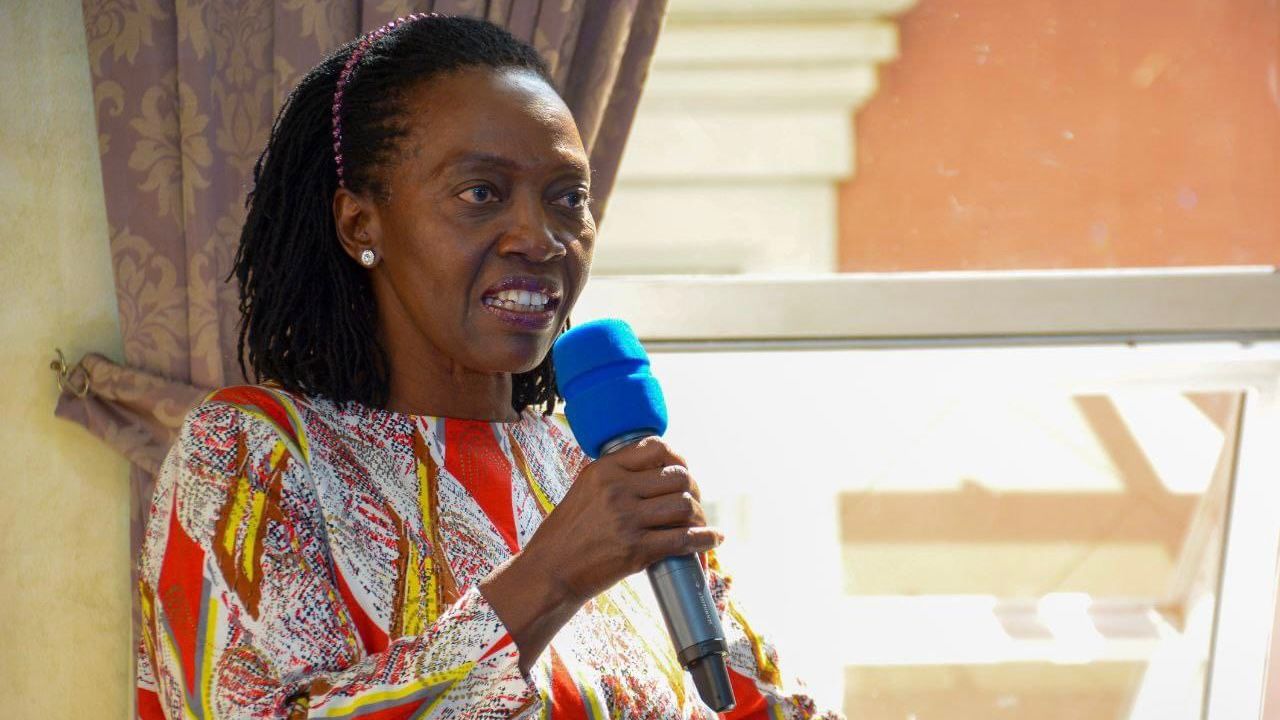Activist Morara Kebaso has asked the Soweto Catholic Church to reject President William Ruto's Ksh 5 million contribution.
In an update on Monday, November 18, the lawyer asked the church to reject the offer, terming the contribution as proceeds of theft.
"We demand that the Catholic Church in Soweto rejects the Ksh 5 million contribution from Ruto. Please return the money or reject the offer. We cannot afford a situation where the church is silenced using fat contributions that are proceeds of theft," he wrote.
Speaking during a church service at Soweto Catholic Church on Sunday, November 17, Ruto donated Ksh 5 million for the construction of the Father's house.
“I have been informed by the chairman that you are putting up a house for the Father of this church, I am a builder. I am building affordable housing and others. So on Monday or Tuesday, I will give him Ksh 5 million towards that. However, I will follow up on that money. I will know if you misuse it," he said.
Read More
Ruto also donated an additional Ksh 300,000 to purchase the church's choir children's uniform.
“Sakaja has already given you (the choir) some money, but I want to help you tailor a new set of uniforms. Therefore, I am giving the children Ksh 300,000 for that. And then I will make the rest of the choir another set of uniforms as well before I leave," he stated.
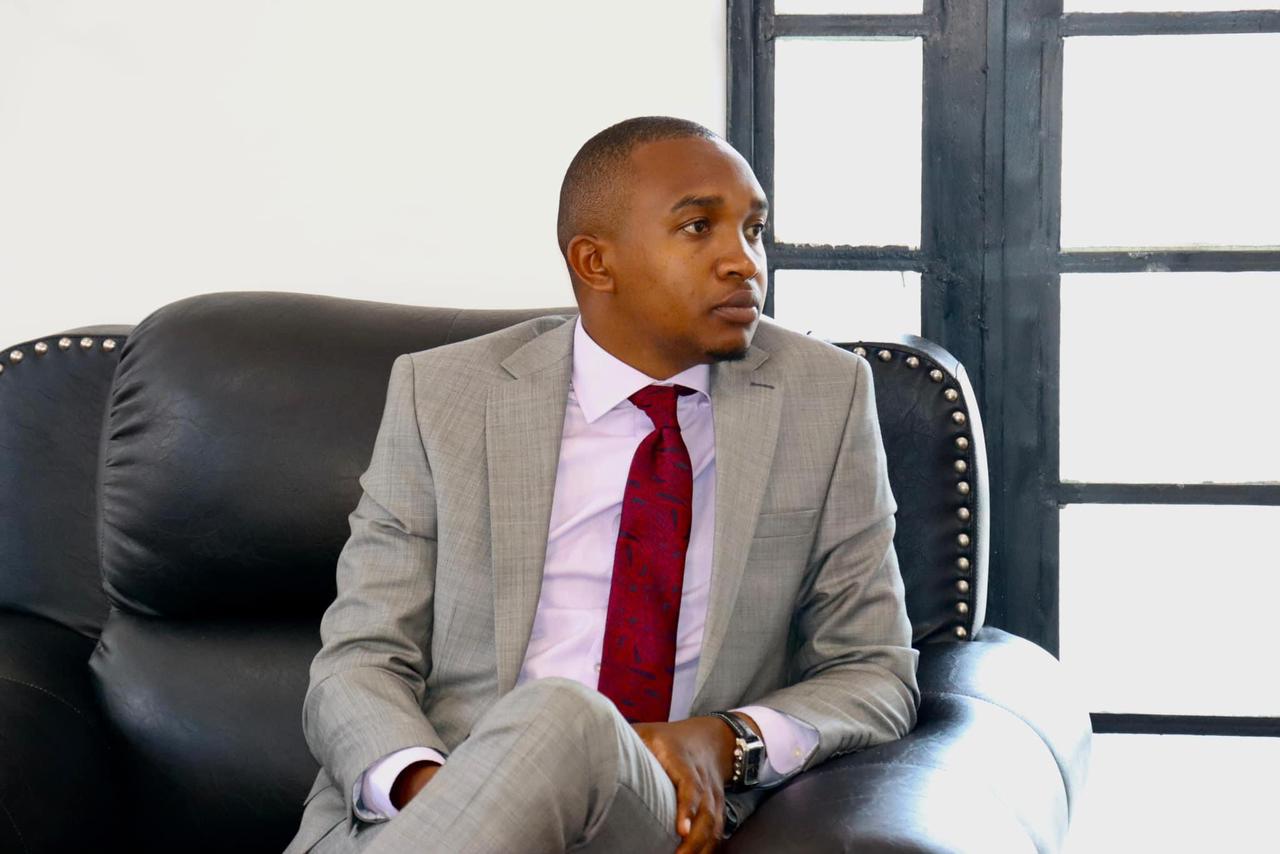
This comes months after Ruto banned all state officers and government officials from participating in harambees and fundraisers.
He announced the ban at State House on July 7, 2024, following widespread public uproar and concerns about corruption.
Ruto also directed the Attorney General to provide legislation and a mechanism for structured and transparent contributions for the harambees.
"No state officer or public servant shall participate in public contributions or any harambees going forward. The Attorney General is hereby directed to provide legislation and provide a mechanism that for structured and transparent contributions for public charitable and philanthropic purposes," he said.
The ban, at a time, was when many Kenyans were questioning the sources of the millions of shillings that politicians dish out during fundraising.
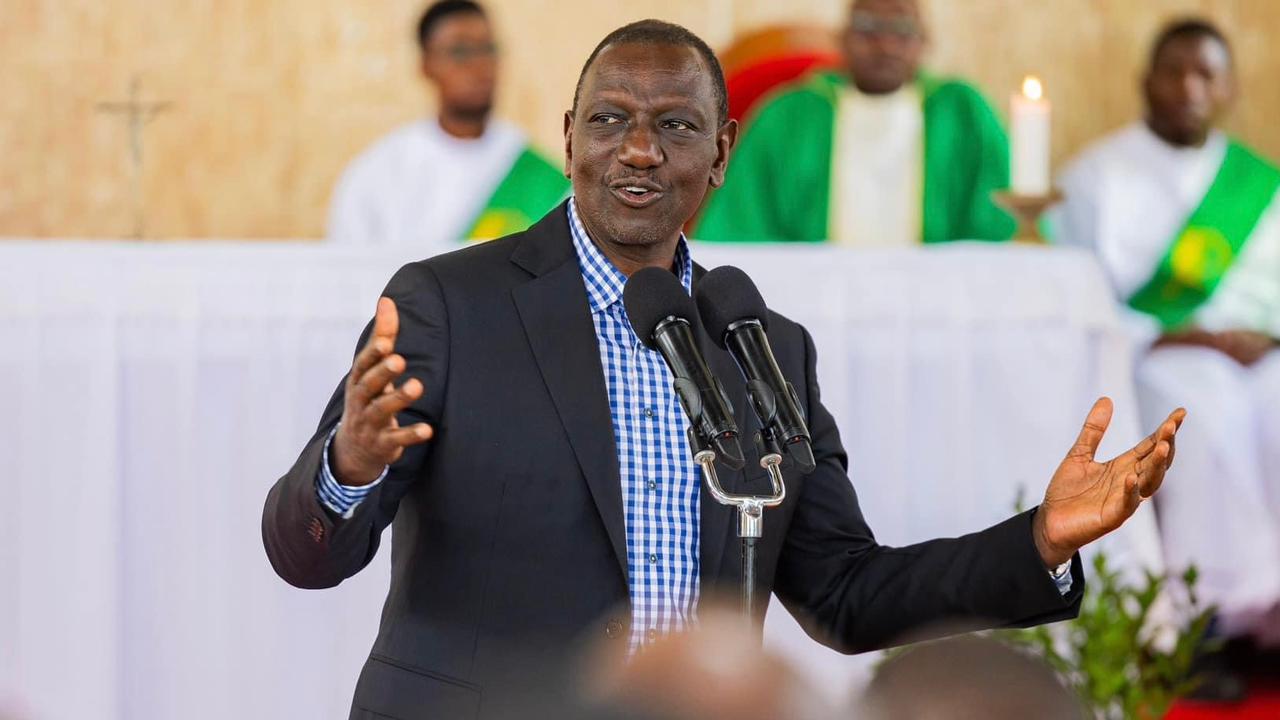
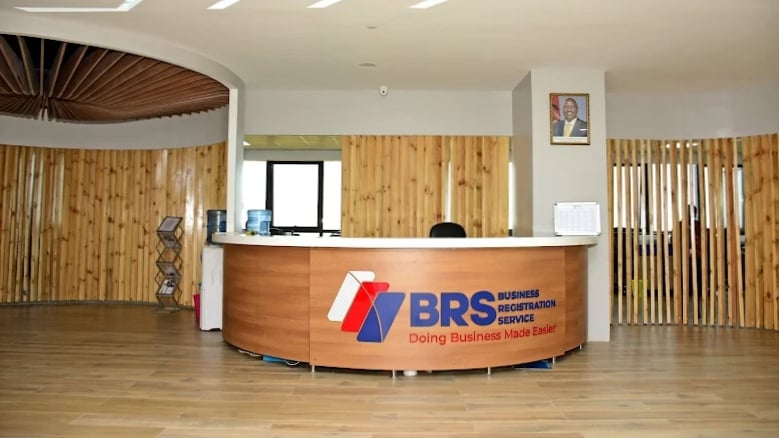
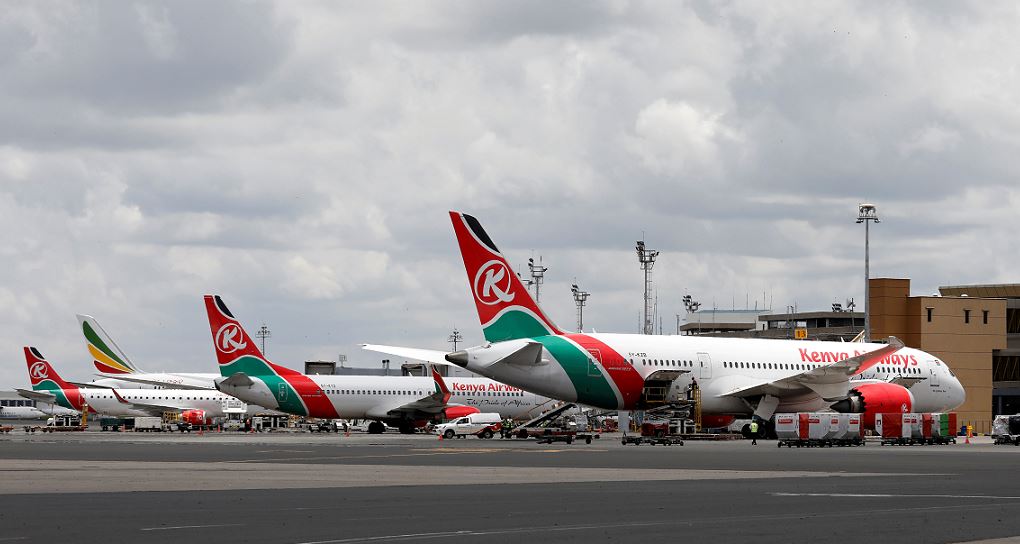
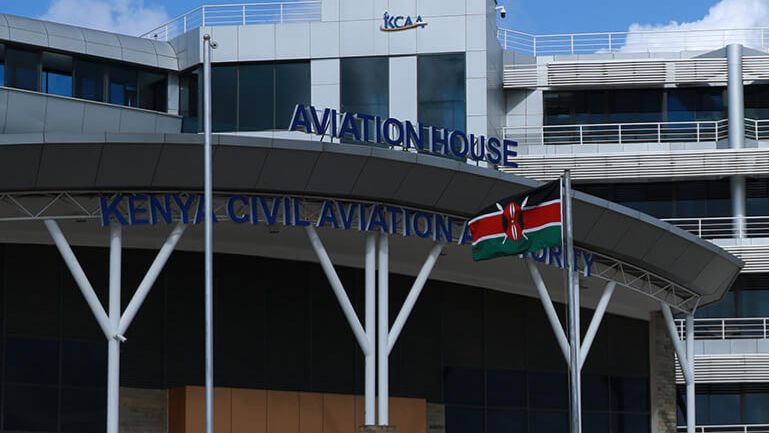
-1771229000.png)
-1771225921.png)
